The Role of Company Culture in Spa and Wellness Recruitment
In the ever-evolving spa and wellness industry, attracting top talent goes beyond traditional recruitment strategies. Today, the emphasis is on cultivating a company culture that not only sets a spa apart but also plays a pivotal role in attracting and retaining skilled professionals. This blog explores the profound impact of company culture on spa and wellness recruitment, shedding light on the strategies and elements that make a spa an employer of choice.
Understanding Company Culture:
Before delving into the specifics of its impact on recruitment, it’s crucial to grasp the concept of company culture. Company culture encompasses the shared values, beliefs, and behaviors that shape the workplace environment. In the spa and wellness sector, a positive and inclusive culture can be a powerful tool for attracting prospective employees.
Attracting Top Talent:
In a competitive job market, spa and wellness establishments are vying for the attention of highly skilled professionals. A strong company culture acts as a magnet, drawing in top talent seeking a workplace that aligns with their values and career aspirations. From a candidate’s perspective, a spa’s culture can be the deciding factor in choosing one employer over another.
Key Elements of a Positive Company Culture:
Several elements contribute to fostering a positive company culture within the spa and wellness industry. These include a commitment to employee well-being, clear communication channels, opportunities for professional development, and a supportive leadership team. Establishing and maintaining these elements can significantly enhance a spa’s appeal to potential candidates.
Employee Retention:
While attracting talent is crucial, retaining skilled professionals is equally important. A positive company culture not only attracts employees but also encourages them to stay. Engaged and satisfied employees are more likely to invest in their roles, leading to improved productivity and overall job satisfaction.
Impact of Company Culture on Employee Performance:
The correlation between company culture and employee performance is undeniable. When employees feel connected to their workplace and its values, they are more likely to go the extra mile. In the spa and wellness sector, this can translate into enhanced client experiences and a positive impact on the bottom line.
Crafting a Unique Employer Brand:
Company culture is integral to shaping an employer brand that stands out in the competitive spa and wellness industry. A distinctive employer brand not only attracts talent but also creates a positive reputation that extends to clients and partners. This, in turn, can contribute to business growth and success.
Navigating Industry Challenges:
The spa and wellness industry faces unique challenges, from rapidly evolving trends to increased competition. A strong company culture acts as a stabilizing force, providing employees with a sense of purpose and resilience to navigate industry challenges. This adaptability is vital for spa businesses looking to thrive in a dynamic market.
Implementing Effective Recruitment Strategies:
Understanding the pivotal role of company culture in recruitment, spa and wellness establishments must align their strategies accordingly. From showcasing the workplace culture in job listings to incorporating it into the interview process, integrating culture into recruitment strategies is key to attracting the right candidates.
Case Studies:
Real-world examples of spa and wellness businesses that have successfully leveraged their company culture for recruitment can offer valuable insights. Case studies highlight specific initiatives, challenges faced, and the measurable impact on recruitment outcomes. Learning from these examples can inspire other businesses to enhance their own company culture.
Measuring and Improving Company Culture:
Regularly assessing and improving company culture is essential for long-term success. Spa and wellness businesses can utilize employee feedback, surveys, and performance metrics to gauge the effectiveness of their culture initiatives. Identifying areas for improvement ensures that the company culture remains aligned with the evolving needs of the workforce.


